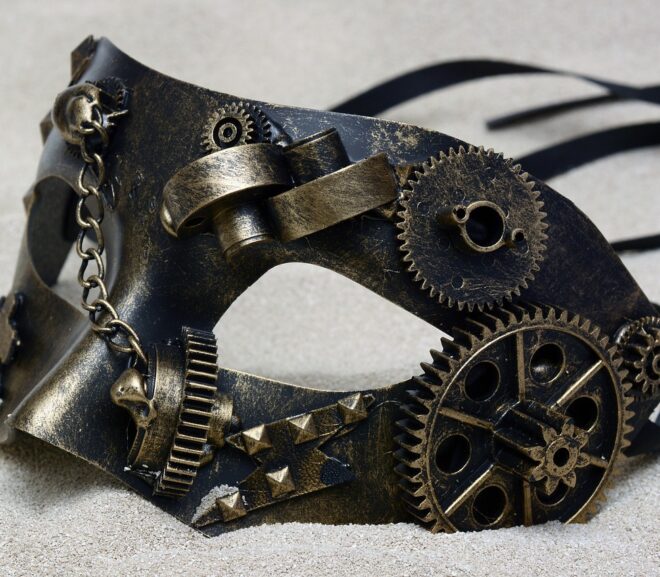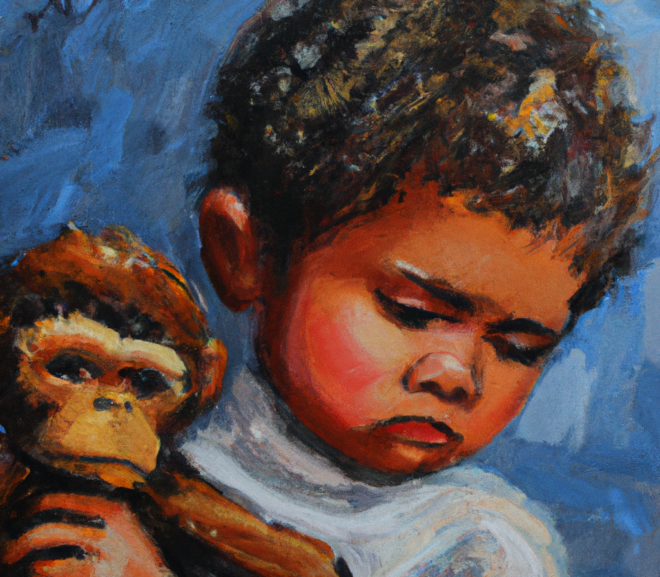The ability to express one’s authentic autistic self is much more complicated than an individual choice to unmask. Dr. Amy Pearson explores why this is, and what we can do in order to make the world a safer place for autistic people.
Category: trauma
Autistic children only get one childhood, and they deserve properly qualified and properly experienced professional teams. Teams that consider autistic ways of communication, ethics, human rights, and potential harms very carefully indeed.
When you look up what Autistic people have said about how to help us through meltdowns, the most foundational piece of advice you will see again and again is to remain calm. But what about when you can’t remain calm? What about when that Autistic person’s meltdown is triggering your own trauma response?
Too often, people cause the “behaviour” that they blame on “real autism.” And it’s often their own approaches that need changing.
Food is an important part of life. Instead of using food as a “positive reinforcer,” or diets as part of a cure attempt, parents can use food and conversations about food to connect with their autistic children.




